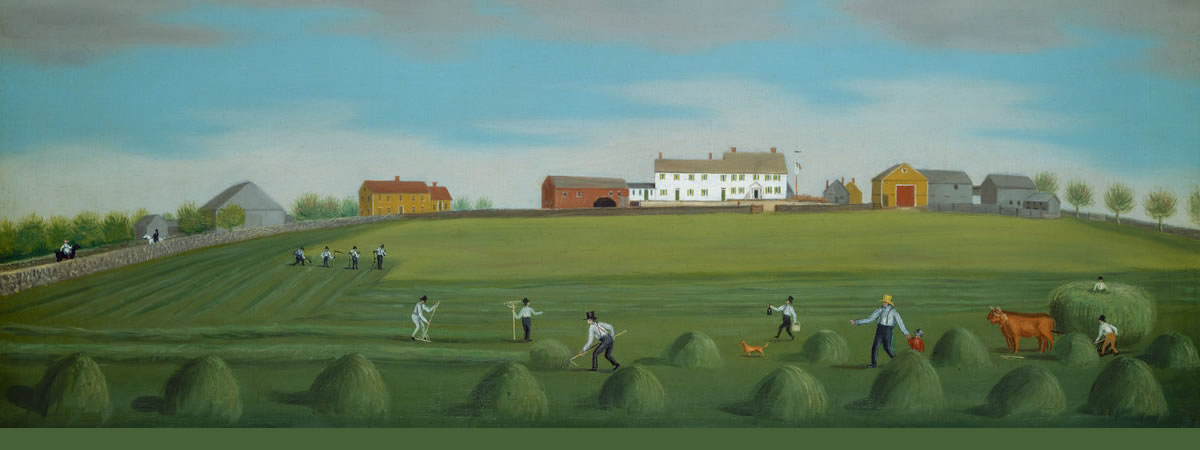Resident Program Fellows, 2013–2014
Thomas Fleischman received his Ph.D. from New York University in 2013. Through an exploration of food production and consumption in the German Democratic Republic (GDR) in the 1970s and ‘80s, his dissertation reveals the common intellectual project that was industrial agriculture on both sides of the Iron Curtain. It analyzes the East German response to stagnating crop yields, sickly livestock, and rising production costs, placing these developments alongside the parallel array of scientific experiments, innovations, and Cold War propaganda that became known as the Green Revolution. It places three pigs—the industrial pig, the garden pig, and the wild boar—at the center of this story, interpreting these “historical documents” in order to reveal the central role of natural and man-made systems in East Germany’s food and environment.Tenzin Jinba received his PhD in anthropology from Boston University in 2011, and is currently a professor of anthropology and sociology at Lanzhou University, China. His newly published book – In the Land of the Eastern Queendom: The Politics of Gender and Ethnicity on the Sino-Tibetan Border – examines the transformation of state-society relations in China with particular emphasis on the Tibetan borderland population’s agency in strategizing their peripheral status. During the fellowship year, Dr. Tenzin will situate his analytic framework within a broader comparative context by exploring a more convoluted landscape of margin-center reconfigurations to inquire into how the locals’ assessment and management of their relations with the political and cultural centers and with one another are variously articulated among diverse communities in the Sino-Tibetan borderlands and throughout the Himalayan region. He will also look into the mutual embeddings of nature, culture, and politics as well as the reproduction of personal and social memories in these areas. Through a multi-disciplinary approach that incorporates methods and perspectives from sociology, history, geography, political science, and anthropology, his researches will contribute to our knowledge more generally, but critically, of the cultural and sociopolitical changes in both borderland societies and the centers.Abigail H. Neely is an assistant professor in the Department of Geography, Environment and Society at the University of Minnesota. Dr. Neely received her Ph.D. in geography with a minor in African history from the University of Wisconsin-Madison in 2011. As a fellow, Dr. Neely will be completing a book based on her dissertation work provisionally titled: Witchcraft and Wellness: Agency and Change in Twentieth-Century South Africa. In the book, she examines how and why local understandings of the relationships between health and environment changed between the 1930s and 1980s in a rural, Zulu-speaking area of South Africa called Pholela.

